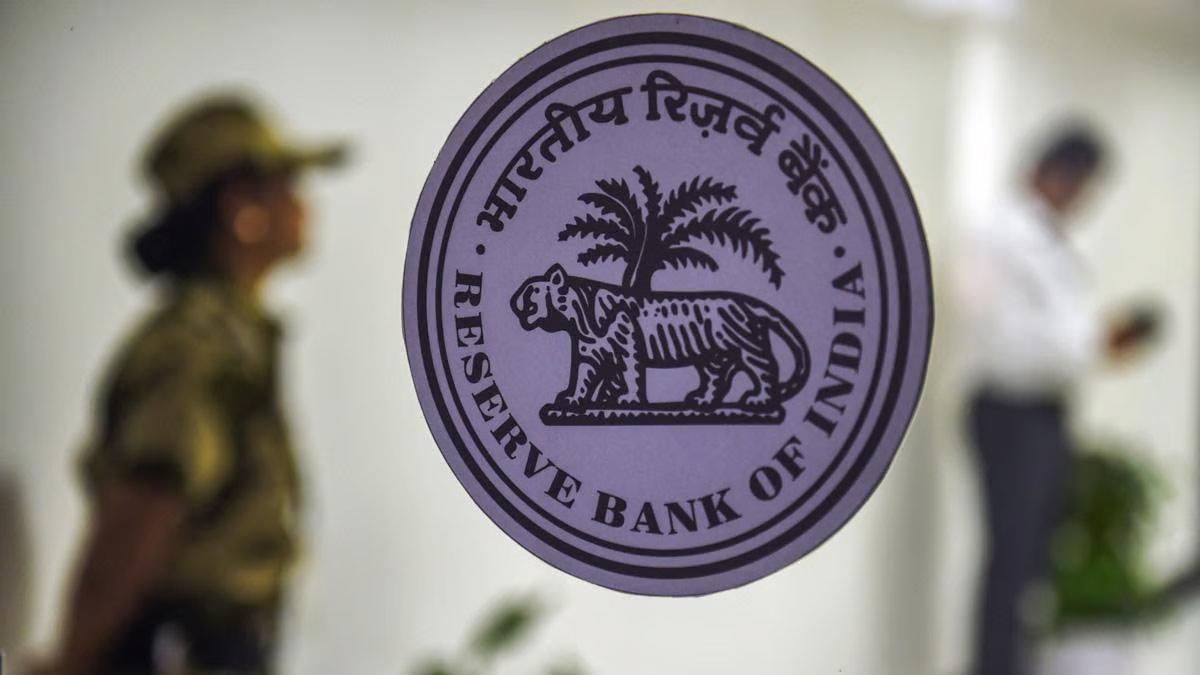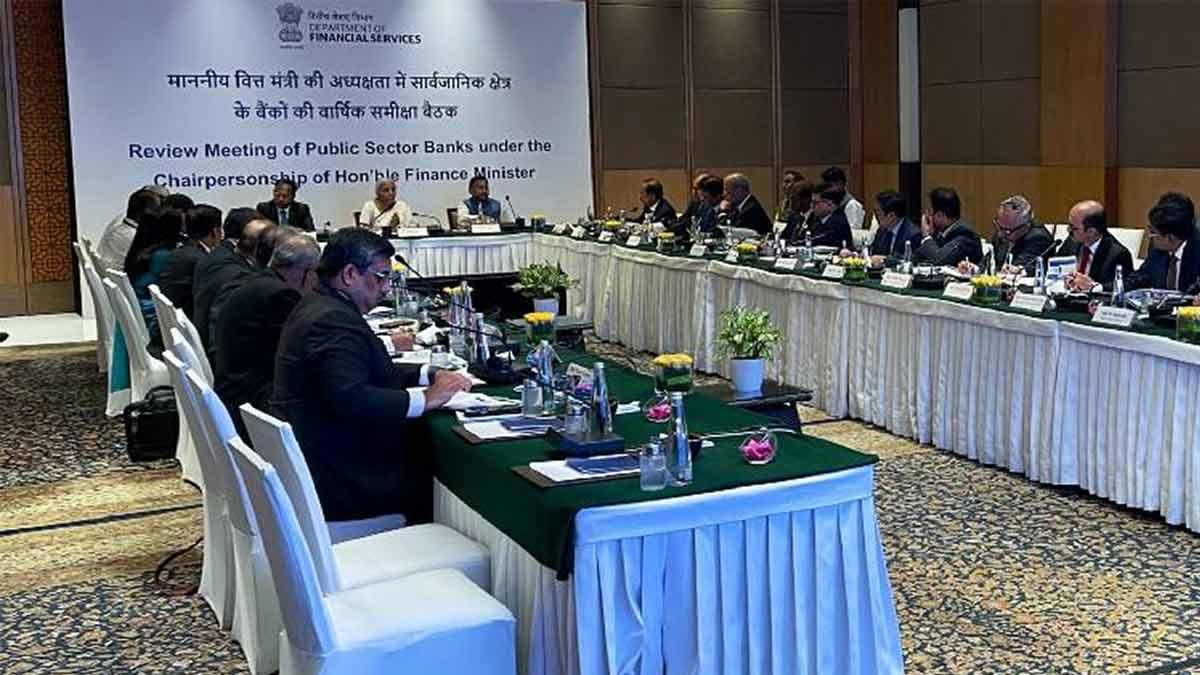V. Anantha Nageswaran, the government's Chief Economic Adviser, has highlighted the need for reform in the sovereign rating process by credit agencies like Fitch, Moody’s, and S&P. He stressed that this process unfairly disadvantages developing nations like India, resulting in higher funding costs running into billions of dollars.
In a published document titled "Re-examining Narratives: A Collection of Essays," Nageswaran pointed out the opacity in credit rating methodologies. He criticized the over-reliance on subjective qualitative factors, leading to biases and bandwagon effects that cast doubts on the credibility of credit ratings.
Nageswaran advocated for increased transparency in credit rating processes, suggesting that greater reliance on hard data could potentially lead to upgrades for numerous sovereigns. This, in turn, would facilitate access to private capital, a crucial aspect identified by the G-20 in addressing global challenges like climate change and supporting energy transitions.
These remarks align with the government's ongoing efforts to seek an upgrade in India's credit rating, leveraging the country's robust macroeconomic fundamentals. Discussions have been initiated with Fitch Ratings, Moody’s Investors Service, and S&P Global Ratings in pursuit of this objective.
Sovereign credit ratings play a pivotal role in determining a government's debt repayment ability, affecting interest rates and the ease of raising funds from the global market. Nageswaran highlighted the parameters used by rating agencies, indicating that their influence on ratings is substantial and often leads developing economies to demonstrate progress along arbitrary indicators while grappling with inherent discriminations in the ratings.
He emphasized the need for symmetry in obligations, stating that while sovereigns are required to maintain transparency, rating agencies should also ensure transparency in their processes and refrain from employing untenable judgments. This call for reform aims to address the disparities and biases within the current sovereign rating framework.
(With Agency Inputs)
ALSO READ | Financial sector courts multiple risks as it turns to AI for innovation, efficiency


















